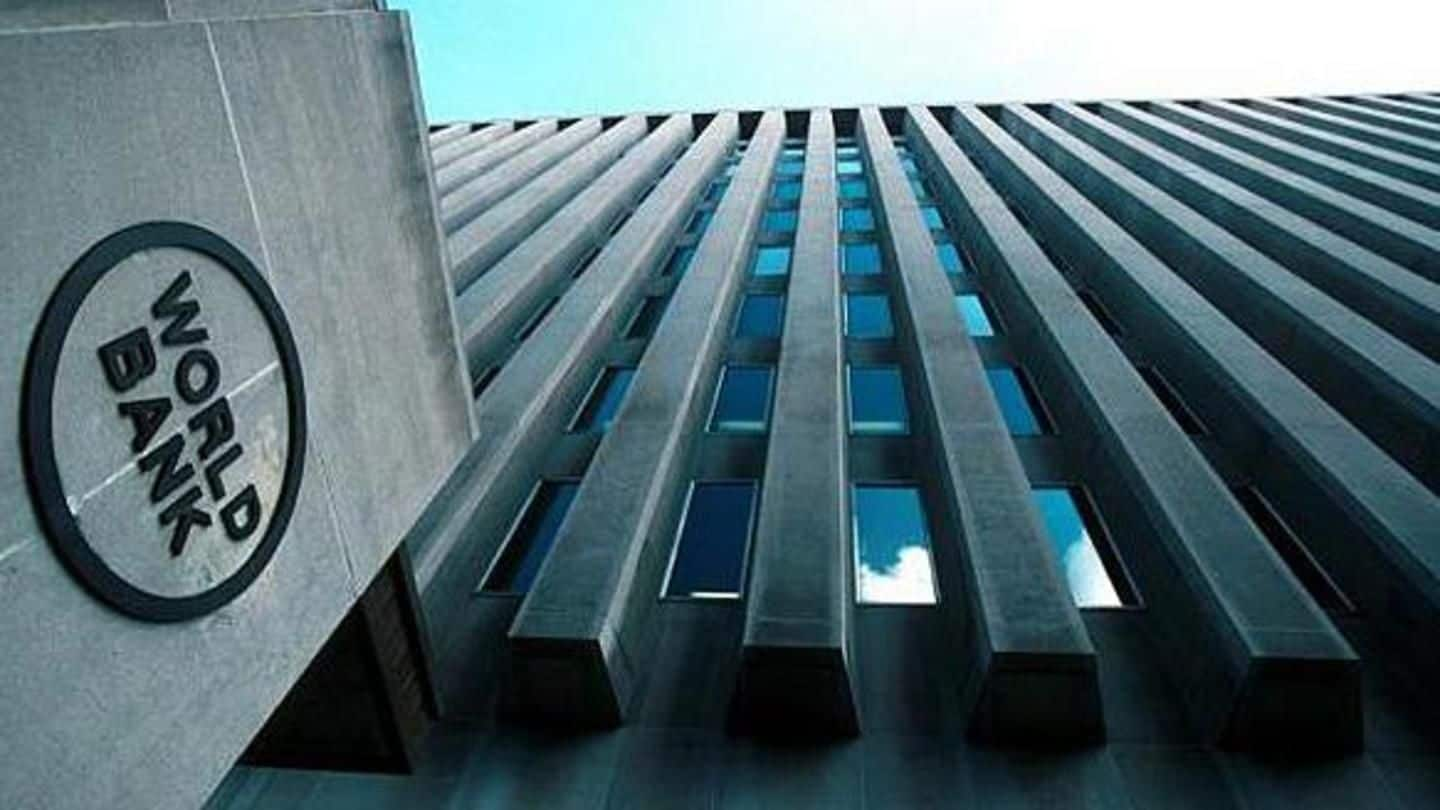
Over 41,000 cases filed under RTE since 2010: World Bank
What's the story
According to the World Bank policy research paper, 41,343 cases have been filed in India under the Right To Education (RTE) Act since 2010. The study done using courts said a majority of the cases relate to guaranteeing 25% reservation in private schools for the poor. Other cases are related to private schools challenging the Act in terms of teacher eligibility, norms, and recognitions.
Cases heard
2,477 cases were heard by the Supreme Court
Of the 41,343 cases, 2,477 have been heard by the Supreme Court. The report said social jurists, working largely in Delhi, have alone filed more than 500 cases, demanding rights for children under the law. The RTE Act broadly provides for free and compulsory education up to the elementary level and 25% reservation of seats in private schools for the poor.
Ombudsman role
RTE relies on ombudsman role of national, state commissions
The right to education relies on the ombudsman role of national and state commissions for the protection of child rights (NCPCR and SCPCR) for grievance redressal. But these bodies are under-staffed. The report said that this factor along with relative ease of access to courts has resulted in a large number of cases being filed in various courts in the country.
Issues
Issues that affect proper implementation of RTE Act
The World Bank report particularly underlined issues which affect proper implementation of the Act. The report further said simply mandating a quota does not provide access to quality education for children from poor families. Besides, there is a high degree of opposition to the reservation as middle-class families do not want their children to mingle with children from poor households.
No specification
Act does not specify who will pay additional cost
The report said state-provided subsidy for seats under quota falls "well short of the tuition fees that schools charge." The Act doesn't make clear who will pay additional costs such as uniforms, books, other activities. "This ambiguity means that schools have to charge higher tuition fees. Thus, the reservation issue leads to a host of questions that courts have to rule on," it said.